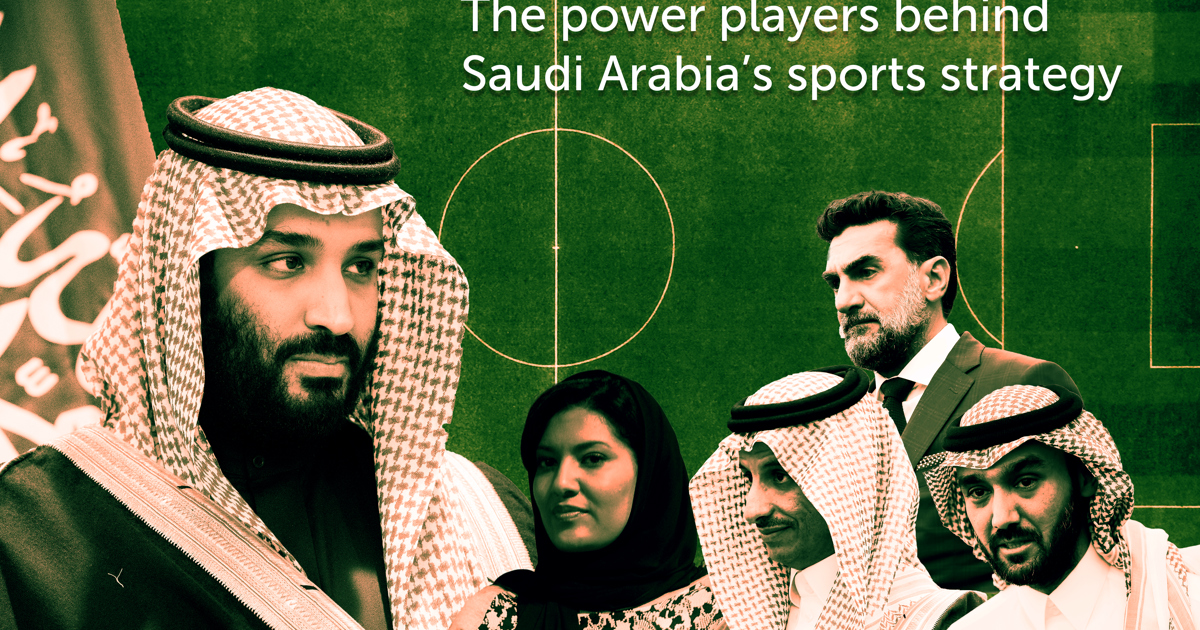
Blurring the lines between government and sport
However, this type of formal relationship between a leader of a National Olympic Committee and a national government raises critical questions about conflicts of interest, questions of allegiance, and the so-called autonomy of sport that the Olympic movement so ardently promotes.
On 31 October 2014, members of the United Nations General Assembly acknowledged the autonomy and independence of sports by adopting the resolution ‘Sport for development and peace’. Thomas Bach, president of the IOC, hailed this resolution as a “historic milestone in the relations between sport and politics”.
Thomas Bach underlined the importance of the resolution and the autonomy of sport stating that “We must form partnerships with political organisations based on this recognition of the autonomy of sport. The excellent relations between the UN and the IOC can in this respect serve as an example for relations on the national level between national Olympic committees and national governments. This relationship with governments requires that sport always remains politically neutral.”
A year later, at Play the Game’s conference in Aarhus, Denmark, the then Ethics and Compliance Officer of the IOC, Pâquerette Girard Zappelli, reaffirmed the IOC’s unwavering stance on the autonomy of sports. She made it unequivocally clear that governmental interference in the affairs of NOCs “must not be”.
Zappelli’s statement aligns with Rule 27 of the Olympic Charter, which delineates the mission and role of the NOCs. While Rule 27 permits cooperation between governmental institutions and NOCs, it mandates that NOCs tenaciously resist external political and economic pressures.
And on 22 May 2023, the Olympic movement got the backing for the autonomy of sport by the G7 leaders: G7 are “fully respecting the autonomy of sporting organisations”.
However, the IOC seems to take its own rules lightly when dealing with authoritarian states, as demonstrated in a survey by Play the Game from 2017, which showed that one in seven National Olympic Committees was politically dependent on its government.
That could explain why it is possible for a Saudi minister of sport, a government representative, to simultaneously lead the Kingdom’s NOC and take other positions in Olympic sport like being the vice president of the Olympic Council of Asia.
However, it raises many questions about the role of Prince Abdulaziz bin Turki Al-Saud. Will he be willing and able to effectively uphold the autonomy of the NOC as a minister and government representative if a situation arises, where the interests of the government and the interest of the Olympic movement diverge politically?
The Princess, diplomat, and sports leader
Another Saudi government official working in the corridors of international sport is Princess Reema bint Bandar Al-Saud, a member of the House of Saud. She is the Saudi Arabian ambassador to the United States, where she took office on 23 February 2019, becoming the first female ambassador in the country’s history.
